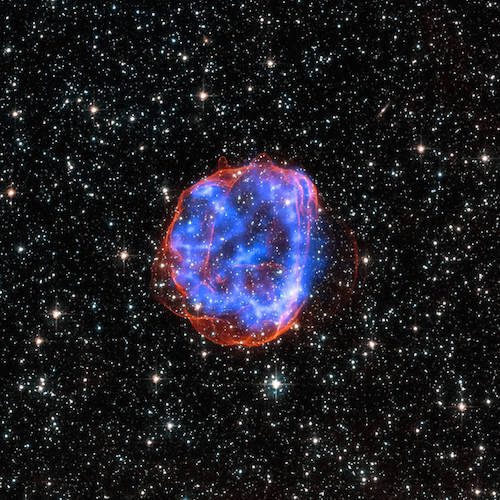 Intelligent Design
Intelligent Design
 Physics, Earth & Space
Physics, Earth & Space
Putting Scientism in Its Place

Nautilus has a brief and elegant essay, “Why Science Needs Metaphysics,” extracted from a forthcoming book by Oxford philosopher Roger Trigg.
He concludes:
There is such a thing as scientific progress, and it happens through systematic trial and error or, in Karl Popper’s terminology, conjecture and refutation. A “scientific realist” has to be wary, though, about how such realism is defined. A realism that makes reality what contemporary science says it is links reality logically to the human minds of the present day. Science is then just a human product, rooted in time and place. Bringing in future science — or ideal science — may sound more plausible, but even then there is a distinction between science reflecting (or corresponding to) the nature of reality and it being simply a human construction. Once the logical independence of reality from science is accepted, the question is why reality has a character that enables it to be understood scientifically. The intelligibility and intrinsic rationality of reality cannot be taken for granted. Even the greatest scientists, such as Einstein, have seen that the intelligibility of the world is a mystery. He famously remarked that “the eternally incomprehensible thing about the world is its comprehensibility.”4 Like the way in which mathematics seems to map the intrinsic rational structure of the physical world, this is presupposed within science and cannot be given a scientific explanation. It appears to be a metaphysical fact, and the explanation for which, if there can be one, must come from beyond science.
The comment from Einstein is a keeper.
Trigg splendidly puts scientism in its place. We take it for granted that nature is a book that is not only decipherable but eager to be read, as if written to be so. The remarkable mystery of why we can even begin to understand the universe, topped by the enigmatic fact of our physical situation on earth being so extremely convenient for scientific discovery, has of course been a frequent theme of intelligent design advocates.
Image: “Chandra Celebrates the International Year of Light,” via NASA/CXC/SAO.
